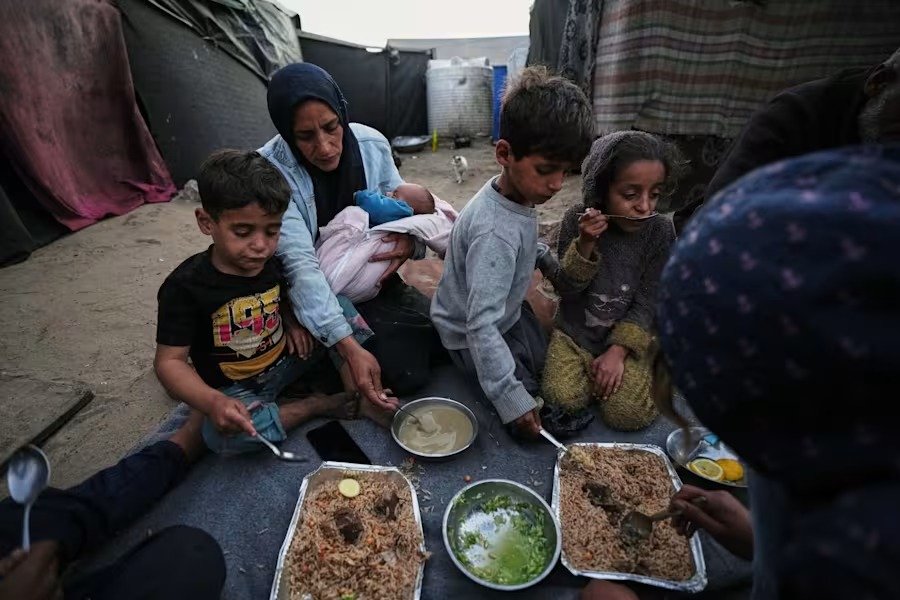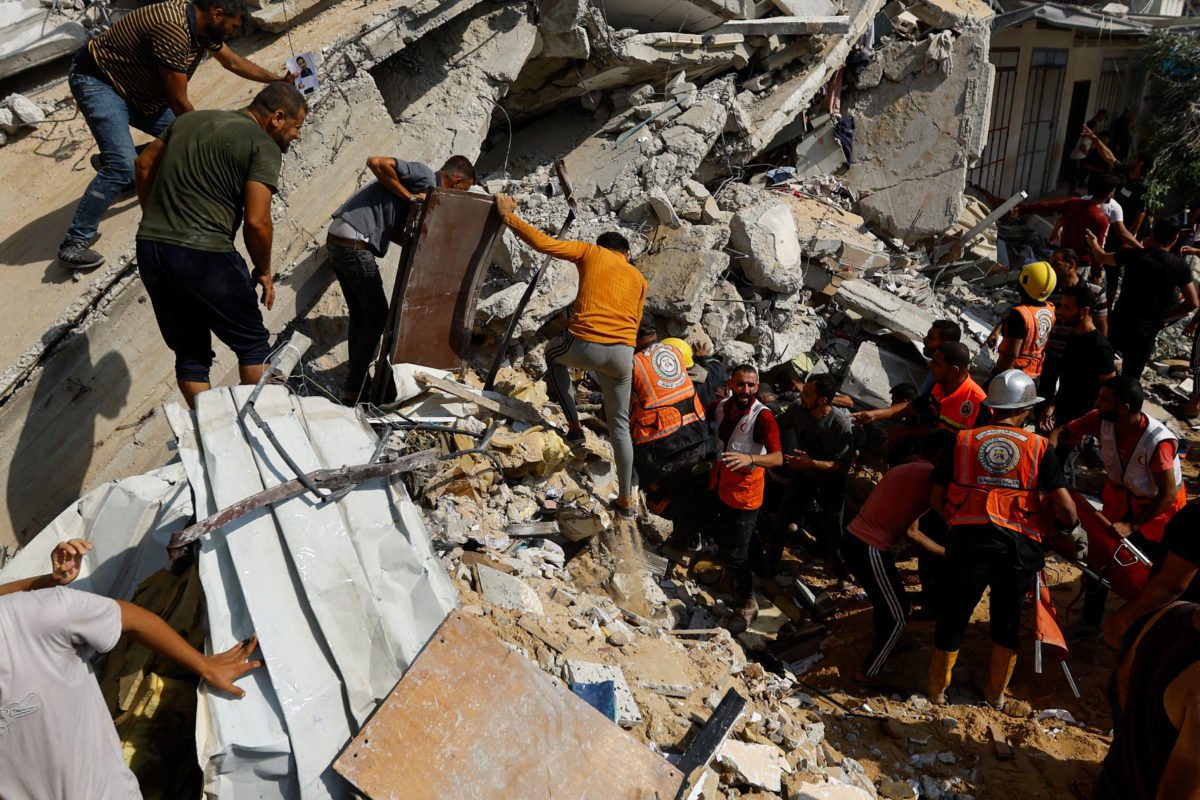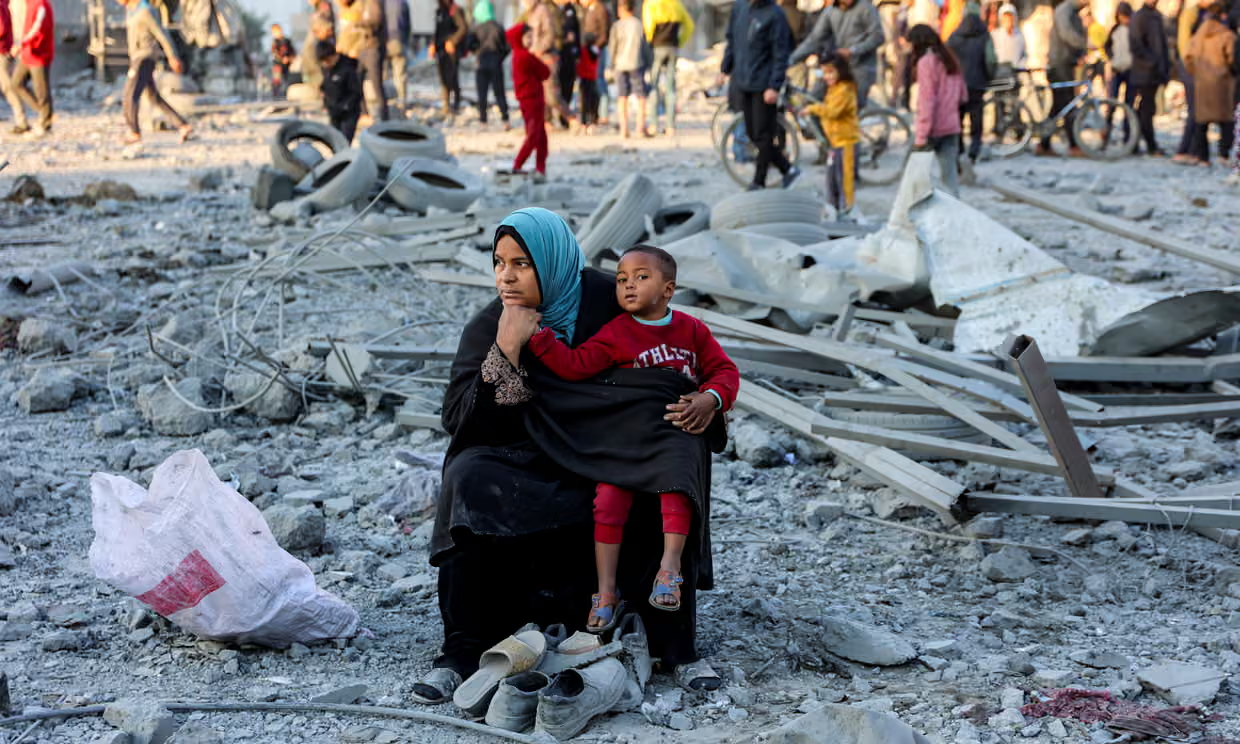Australian journalist Antoinette Lattouf has won her legal battle against ABC after being fired in 2023 for sharing a controversial social media post about the conflict in Gaza. The Federal Court of Australia ruled that her dismissal violated national employment law and awarded her AU$70,000 in compensation for emotional distress.
Lattouf, 41, had been hired as a temporary host for a one-week stint on a morning radio program just before Christmas. She was removed from the position within hours of staff discovering that she had shared a post from Human Rights Watch. The post alleged that Israel was using starvation as a weapon of war in Gaza.
Justice Darryl Rangiah delivered the verdict in a packed courtroom filled with Lattouf’s supporters. The judge found that ABC’s decision to fire Lattouf was driven in part by her political opinion, which is protected under Australian workplace law.
At the time, ABC was facing external pressure. A coordinated campaign led by a pro-Israel lobbying group had targeted Lattouf after the post. According to the court, the broadcaster did not give Lattouf a fair chance to explain or defend her actions before she was terminated.
The judge said ABC acted hastily and unfairly. “She was not given an opportunity to respond to the allegations,” he ruled. This failure breached her legal employment rights.
The ruling also shed light on internal decisions at ABC. Former head of content Chris Oliver-Taylor was found to be the person who made the final call to remove Lattouf from the air. He made the decision in an effort to avoid more complaints about the broadcaster employing someone with controversial political views.
Justice Rangiah stated that Oliver-Taylor acted to calm public backlash by removing Lattouf. “He tried to appease those who believed she held anti-Israel or anti-Semitic opinions,” the judge said.
The former ABC managing director, David Anderson, also played a role. According to the judge, Anderson gave input that supported the view that Lattouf held anti-Semitic views. This influenced the final decision, even though Anderson did not officially approve the termination.
However, the court did not fully support Lattouf’s claim that her Lebanese heritage played a part in her dismissal. The judge said there was not enough evidence to prove she was targeted based on her race or national background.
ABC argued in court that Lattouf had breached a rule that barred employees from posting about Israel or Gaza during her on-air period. But the judge dismissed this claim, finding that she had only been advised informally to avoid controversial topics.
“Lattouf was given advice, not a clear directive,” Justice Rangiah said. “She was told it would be better to avoid sensitive posts, but she wasn’t officially banned from doing so.”
The post in question came from Human Rights Watch, a global human rights organization. Lattouf shared it on social media during her five-day hosting assignment. The judge acknowledged that posting it was “ill-advised” given the tense environment, but ruled that it did not justify termination.
“Sharing the post was not considerate of her employer,” the judge said. “The ABC should have expected criticism, fair or not, for keeping her on air after the post.”
In February, ABC confirmed during a parliamentary hearing that it had spent over AU$1.1 million on legal fees to defend the case. The court will decide later if the broadcaster must cover Lattouf’s legal costs or pay additional penalties.
Lattouf has been a known media personality in Australia, and her case attracted national attention. Supporters of free speech and press freedom have followed her case closely, arguing that journalists should not face punishment for expressing personal views outside work.
While the decision is a win for Lattouf, the final cost to ABC is still unfolding. A hearing will be scheduled later to determine if the broadcaster faces more financial penalties under workplace law.
This case raises serious questions about how employers handle political expression by staff, especially in sensitive and high-profile issues like the Gaza conflict. It also brings attention to the fine line between personal expression and professional responsibility in journalism.







